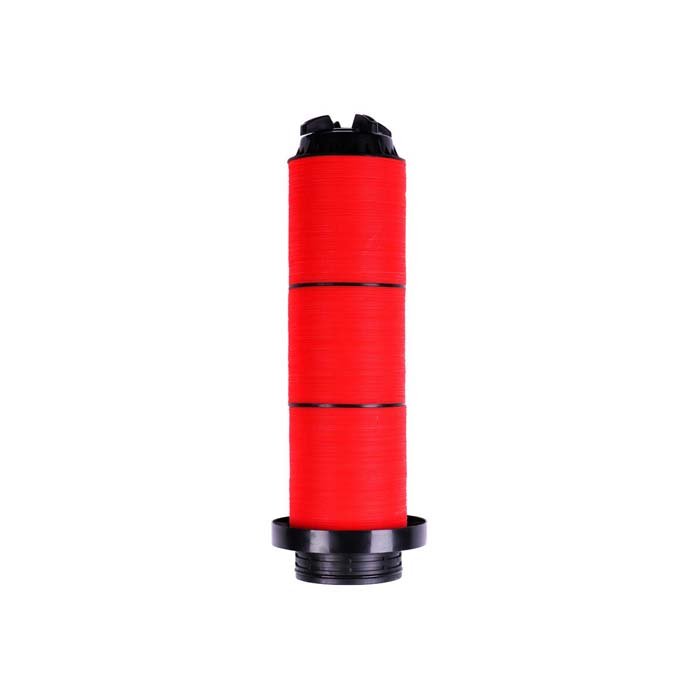Disc filters are widely used in irrigation systems for removing debris and particles from the water before it is applied to crops. Here are some of the advantages and disadvantages of using disc filters in irrigation systems:
Advantages:
- Efficient filtration: Disc filters are designed to remove both organic and inorganic particles from the water, ensuring that the irrigation system delivers clean water to crops. The disc filter’s efficiency is higher compared to other types of filters, such as sand filters.
- Low maintenance: Disc filters have a simple design, and they are easy to clean and maintain. The disc filter’s filtration system is self-cleaning, which means the filter does not need frequent cleaning, and maintenance costs are low.
- Compact and space-saving: Disc filters are compact and require minimal installation space compared to other types of filters.
- Durable: Disc filters are made from durable materials that can withstand harsh weather conditions and chemical exposure.
- Versatile: Disc filters can be used in various irrigation systems, including drip irrigation, sprinkler irrigation, and center pivot irrigation.
Disadvantages:
- High initial cost: Disc filters are more expensive than other types of filters, such as screen filters.
- Sensitive to water quality: Disc filters can clog easily if water quality is poor or has high levels of organic matter.
- Limited flow rate: Disc filters have a limited flow rate, which means they may not be suitable for larger irrigation systems that require high water flow rates.
- Frequent monitoring: Disc filters need to be monitored regularly to ensure they are functioning correctly, and the filtration system is not clogged.
Overall, disc filters have several advantages that make them suitable for irrigation systems. However, their high initial cost and sensitivity to water quality may be a significant disadvantage for some users.


